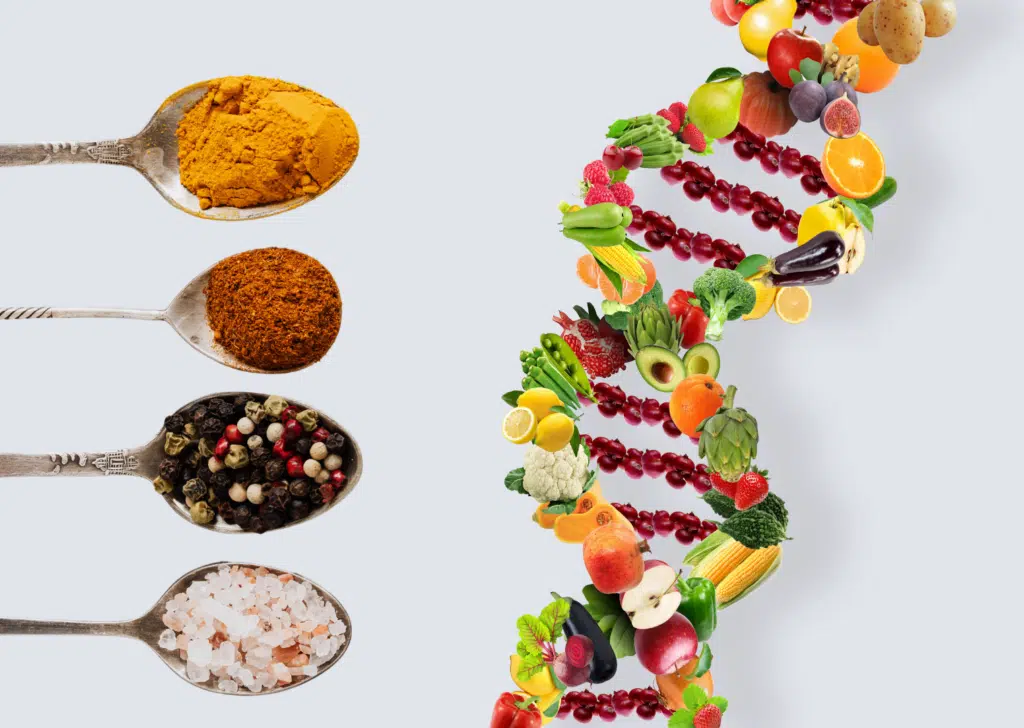Meal prep has been gaining popularity for good reason. Essentially, “meal prep” means preparing meals in advance. The concept involves dedicating one day a week to cook multiple meals for the upcoming days. Meal prepping is ideal if you’re short on time but still want to enjoy homemade meals.
What is Meal Prep?
Meal prep stands for “meal preparation” and involves cooking and preparing meals for the week ahead on a single day. This approach can save you time and effort, as you’ll only need to shop and cook once a week. You’ll end up with nutritious, varied meals that are ready to eat, reducing the need for last-minute takeout or unhealthy snacks. If you enjoy dining out, you can easily incorporate that into your meal plan.
Quick Facts About Meal Prep
- Saves Time & Money: Cook once and have meals ready for several days.
- Promotes Healthy Eating: Provides control over ingredients and portion sizes.
- Requires Planning: Efficient meal prep involves careful planning and organization.
- Ideal for Weekends: Saturday for shopping and Sunday for cooking works best for most people.
The Benefits of Meal Prep
With proper planning, meal prepping can save you significant time and money. By cooking in bulk, you only need to shop and cook once a week, which can be done in just 2–3 hours. This method allows you to choose your meals, avoiding reliance on the local deli or cafeteria. Additionally, meal prepping helps reduce food waste and packaging by buying in bulk and using fewer disposable containers.
Advantages of Meal Prep:
- Time Efficiency: Streamlines your cooking process and reduces daily meal preparation time.
- Cost Savings: Reduces the frequency of dining out and last-minute grocery runs.
- Health Benefits: Enables you to maintain a balanced diet with control over ingredients.
- Environmental Impact: Minimizes waste by reducing packaging and single-use containers.
What to Consider When Meal Prepping
Good planning is everything. Think about what you would like to eat in the next few days and write a shopping list. Saturday for planning and shopping and Sunday for cooking are the best days for preparation. You will also need boxes, jars, or lunch boxes to store your meals and some space in the fridge, of course. When out shopping, you should also make sure you choose the freshest food possible as it will need to keep for a few days. When preparing food, it is important to have clean work surfaces, cutting boards, knives, and storage containers. This is particularly important if you are preparing meat and fish. In general, almost any meal can be kept in the fridge for at least three days, and you can freeze some meals too, of course.
How to prepare the meals
lmost any meal can be suitable for meal prepping. Focus on creating a balanced nutritional mix, especially if you’re active. Aim for a combination of plant-based carbohydrates, healthy fats, and proteins. A good rule of thumb is to fill half your plate with vegetables, one-quarter with carbohydrates (like rice, potatoes, or pasta), and one-quarter with proteins and fats (such as chicken, tofu, or dairy products).
Meal Prep Tips:
- Balanced Diet: Include a variety of vegetables, grains, and proteins in each meal.
- Portion Control: Use meal prep containers with different compartments to manage portions effectively.
- Versatile Recipes: Opt for recipes that can be easily reheated and enjoyed throughout the week.
Your Teamfit team hopes you have fun cooking and trying out new recipes!
Epigenetics and Nutrition: How Diet Affects Your Health
Are you curious about how your eating habits can change not only your body but also your genes? Find out more about the benefits of epigenetic nutrition and how to implement the diet. Epigenetics and Nutrition: understanding the connection Our DNA consists of up to 25,000 genes. These genes are essentially the blueprint for our […]
Superfood – what’s behind it?
With the fitness and health trend, the term “superfood” has become established. This refers to foods that are supposed to have a health-promoting effect due to their particularly high density of trace elements, minerals and vitamins. How much there really is to it and which foods are actually beneficial for body and mind, you can find out here.
10 rules for a healthy diet
Whether for physical and mental performance, to prevent certain diseases, or for a long and vital life, a fundamental building block is a healthy and balanced diet. But what exactly does that mean? We will explain it to you and give you 10 rules for a healthy diet.







